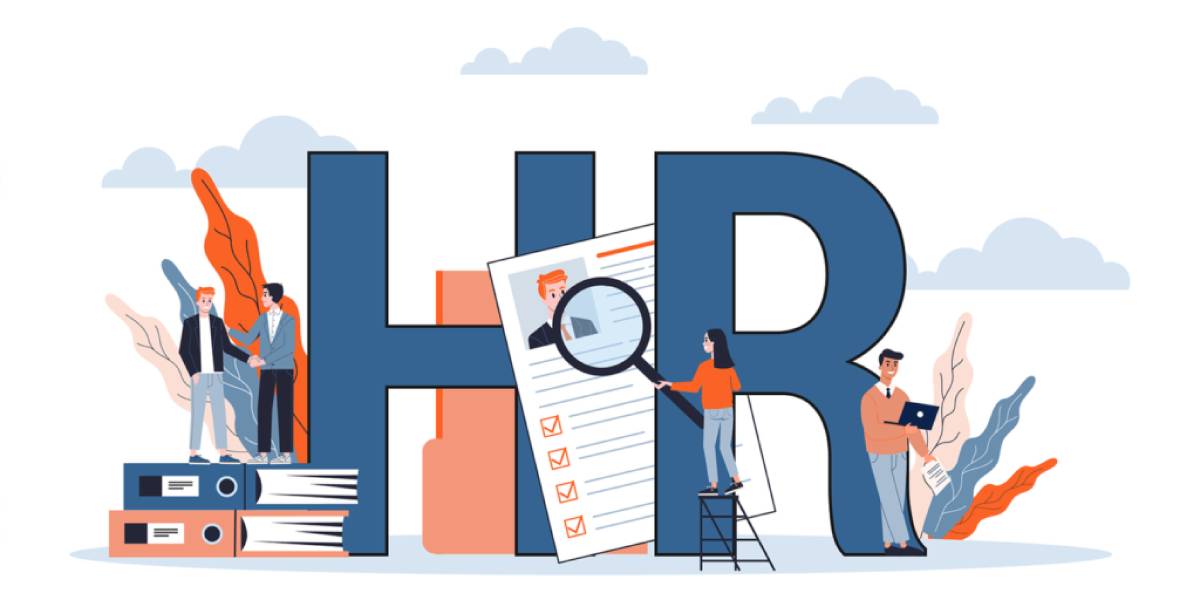Development is the process of improving the skills, knowledge, and abilities of employees within an organization. It covers training programs and activities, which are aimed at enhancing individual and team performance, promoting professional development, and laying the foundation for future success. Human resource development can be done by training people, mentoring them, coaching them, job rotations, educational opportunities and professional certifications. The objective of human resource development is to build up employee competency for they to reach their full potential, contribute effectively to the organization, and be responsive to changing business needs. It further serves as a key component in employee engagement, retention and talent management strategies.
Importance of development
- Skill Enhancement: Development activities will give an individual the ability to improve their skills and knowledge, thus, they will be able to perform their jobs more effectively. Constantly improving your skills is necessary as job requisites and technological development continue to evolve.
- Career Advancement: Development programs like training courses, mentors and education can empower people with skills and experience to move up in their careers. Organizations will not only realize the benefits of investing in the development of employees but also, it will help them in retaining the best employees and creating a succession pipeline.
- Increased Productivity: Highly skilled employees are happier and more dedicated, and they accomplish more in their work. When these organizations are in the position to provide their employees with opportunities to grow and learn, they will be able to boost morale and the level of performance, which in turn will lead to greater efficiency and effectiveness in obtaining business objectives.
- Innovation and Adaptability: Innovation is a result of development, which is accomplished by guiding employees to think outside the box, to take risks and to embrace novel ideas. It gives companies a chance to adjust to shifting market conditions, grab hold of new market chances and stand out among their rivals in a constantly changing business arena.
- Employee Satisfaction and Retention: Staff members appreciate companies that invest in their training and development, and that offer them potential for future advancement. Development programs, not only increase the satisfaction of the workers but also nurture feelings of loyalty and devotion that keep them in the organization for longer, thus saving the organization from the costs of recruitment and training of new workers.
- Organizational Agility: Development involves organizations that can establish a diverse and flexible workforce that is capable of dealing with any challenge or opportunity. Through the support of talent and the development of new skills in employees, firms can effectively deal with the increasingly complicated world and achieve sustainable economic growth.
- Succession Planning: Effective development programs allow managers to identify and take the best performers for future leadership positions. Organizations can thus make a steady progression of the top management through the proactive development of the talent within the company and maintaining the continuity of strategic positions.
People also look for
Differences Between Training and Development
What is Informal Communication? Types, Differences & Examples
What is Lateral Hiring? Meaning & Definition
What is the Workforce? Meaning & Definition
What is Notice period: Meaning, Types, Tasks & FAQs
FAQs
Employee development is crucial for enhancing skills and knowledge, promoting career advancement, increasing productivity, fostering innovation, improving employee satisfaction, ensuring organizational agility, and facilitating effective succession planning.
Through development programs like training courses, mentorship, and education, employees acquire skills and experiences that position them to move up within their career paths.
Skilled and knowledgeable employees perform more effectively. Development opportunities can boost morale and performance, which leads to higher productivity.
Yes, employee development encourages employees to think creatively, take risks, and embrace new ideas, which can lead to innovation within the organization.

